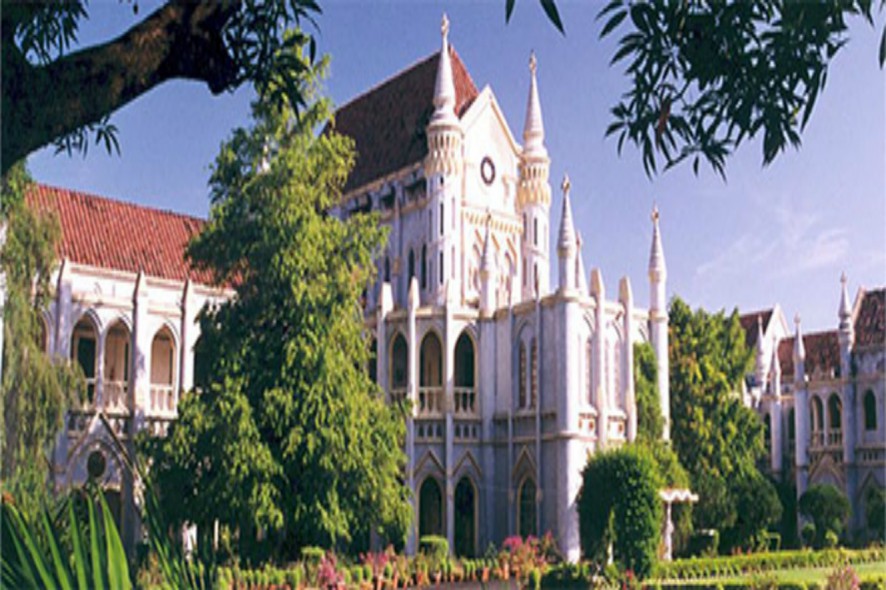Madhya Pradesh High Court: While deciding a public interest litigation (PIL) questioning reservation in promotions, the Court quashed all provisions granting promotions in the MP Public Service Promotion Rules, 2002, which introduced to reservation for SCs and STs in all posts at government departments. The state government in exercise of the powers conferred by the proviso to Article 309 read with Article 16 and 335 of the Constitution of India, relating to determination of the basis for promotion in public services and posts and also, the reservation in promotion in favour of Scheduled Castes and Scheduled Tribes, had made provisions of 20 per cent reservation for SC employees and 16 per cent for ST employees in the service.
The Court decided on the public interest litigation (PIL) filed by R B Rai, Santosh Kumar, SC Pandey and others, who had challenged the 2002 service rules on the ground that they were not in conformity with the law (guidelines) laid down by the Supreme Court in M. Nagaraj v. Union of India, the Supreme Court had laid down certain guidelines while interpreting Articles 16, 16 (4), 16 (4A), 16 (4B) and 335, before making provisions of reservations in promotion with benefit of consequential seniority, filing up of backlog vacancies, lowering of standards of evaluation etc.
The bench comprising A M Khanwilkar C.J. and Sanjay Yadav J.observed that all promotions granted as per 2002 rules would be invalid and stated that “The existing provision relating to reservation, backlog vacancies, carry forward of backlog vacancies contained in the Rules of 2002 runs contrary to the constitutional provisions contained in clause (4A) and (4B) of Article 16 and Article 335 and law predicated in M Nagraj,” observed the High Court. It further stated that “Consequently, various promotions of SCs and STs category made on the basis of these rules of 2002 are held to be non-est in the eyes of law and the persons be placed in the position as if the said Rules never existed and all actions taken in furtherance thereof must be reverted to status quo ante (the situation existing earlier).” The Court had further required the government to satisfy itself after collection of ‘quantifiable’ data in each case to ensure that there is no reverse discrimination vis-a-vis the general category candidates. It was further submitted that the rules are ultra vires also because the other directions as mandated by the apex court have also not been followed. [R.B. Rai v. State of Madhya Pradesh, Writ Petition No.1942/2011, Decided on 30.4.2016]







